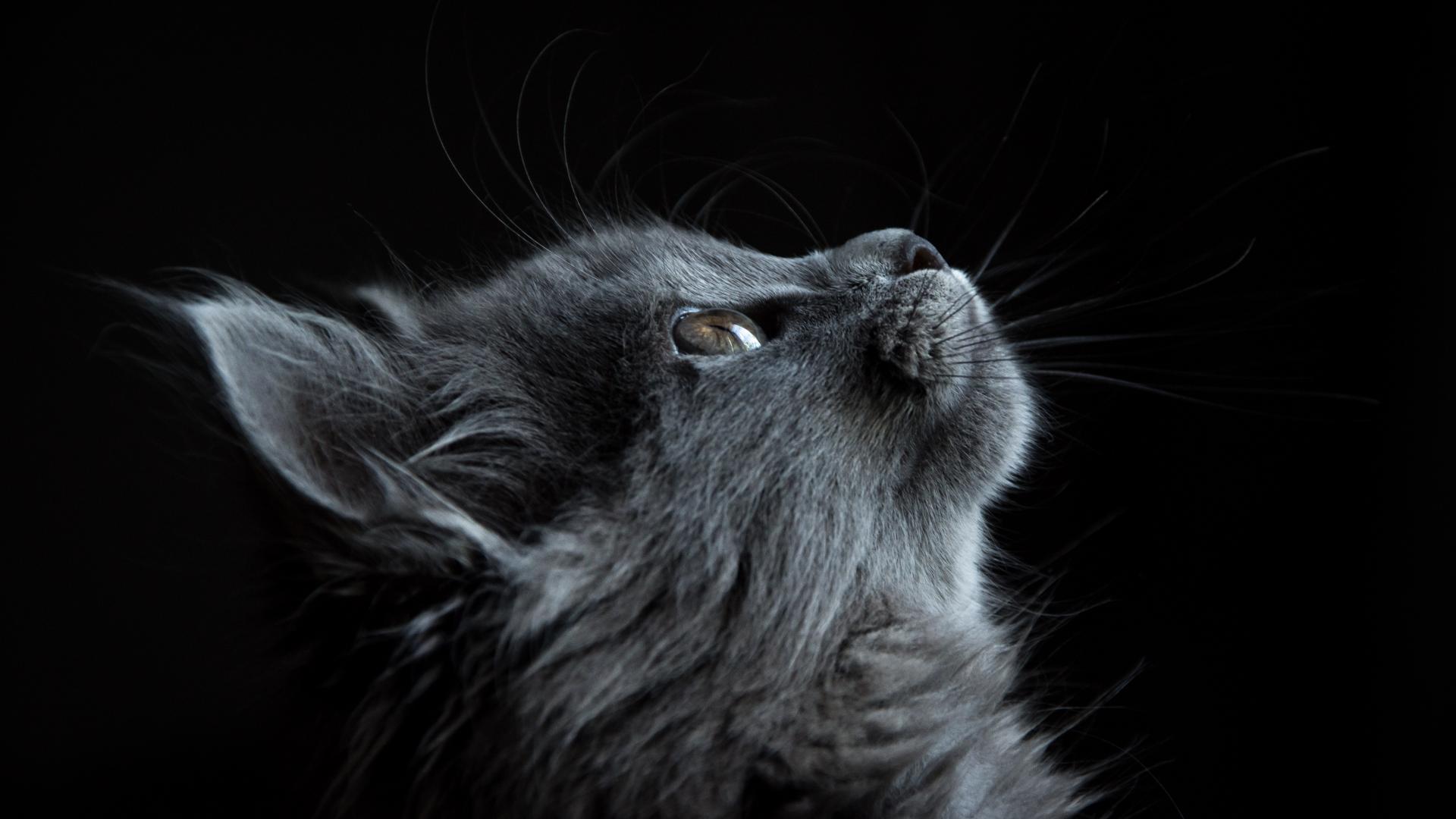Who rules the roost?
It is rumoured that a luxury pet food brand once carried out a market segmentation and found that the single most determining factor for whether a pet owner would buy luxury pet food was if they let their pet sleep on their bed.
This conjures up a stereotype familiar in popular culture of the "pet enthusiast”, that is, someone who is so passionately committed to their pet that the latter becomes a kind of surrogate child, with no expense spared.
As a person who shares my home with a cat (and certainly someone who unfortunately tends more towards the “pet enthusiast” end of the spectrum), I was keen to find out whether this same pattern is replicated in how pet owners relate to animal charities? Does being particularly enthusiastic about your pet correspond to being enthusiastic about animal charities? What are charities already doing, and what should they be doing more of to engage this important audience?
Are pet owners more likely to support animal charities?
In our most recent wave of research with the general public as part of our Charity Awareness Monitor[1], we found that over half of the UK population owns a pet (53%). Pet ownership is more common among women (58%) and those aged 35-54 (68%). Interestingly, Labour supporters are also more likely to have a pet (59%).
As anticipated, our research found that pet owners do also favour animal charities, with 49% saying that animal charities are their favourites compared to just a third of the general public.
We also found evidence of the aforementioned “pet enthusiast”. Among other attitudinal/behavioural differences, this group tends to be people who say they celebrate their pet(s) birthday, pamper their pet(s), and, of course, let their pet(s) sleep in their bed. Dog owners and women are more likely to be among this audience. Unsurprisingly, this group are also even more likely than the average pet owner to be warm to animal charities (that is, they either tend to feel that animal charities are their favourite or that they would consider supporting an animal charity).

No place like (re)home
Thinking about our findings in relation to pet owners, it’s clear this could be especially pertinent to rehoming charities where the crossover is even more apparent.
For people who choose their pets through the route of rehoming, the commitment they have extends in many cases beyond just the animal itself but also to the place where they came from. I rehomed a cat from a charity last year and now have a range of branded products from that charity in my home (necessary accoutrements which I was too disorganised to have pre-bought before I went to collect him). These function as a continued reminder of the charity’s role in the adoption process. Indeed, I do feel a kind of affinity for the charity in a way I otherwise might not if my engagement had been a straightforward donation.
We recently carried out a supporter survey with the Greyhound Trust as part of our Supporter Satisfaction Benchmark which is where we benchmark individual charity’s results against the sector average. We found that the Trust had the highest level of warmth to their brand of all the charities we have surveyed. Through further analysis, we believe this stems in part from the emotional connection people have with their greyhound, in many cases rehomed through the Trust.
Charities in this position have a valuable asset and shouldn’t let it go to waste. They have a lasting reminder of their work in peoples’ homes in the form of a beloved pet and products. This highlights the importance of getting your branding right. If you have products or a physical building/shelter, make sure they’re clearly branded.
Feed two birds with one seed
Legacies look set to be hugely important to all charities, not least those working with animals. In fact, we found that pet owners are also more likely to have included a charity in their will (30% versus 23% of the general public).
A number of rehoming charities have taken up guardianship schemes as fruitful legacy prospects. Cats Protection runs Cat Guardians, the RSPCA has Home for Life; Battersea Forever Loved; and Dogs Trust The Canine Care Card. The gist of these is usually that the charity promises to rehome your pet should you pass away, with the underlying expectation that this might encourage a legacy gift when the time comes.
Ultimately, representing half of the UK population and being warmer to the cause, it’s clear that pet owners are an important audience for animal charities. Having the reminder of your charity through sharing their home with an animal that they love, is a powerful way to increase affinity in your brand.

Figure 2. The author's cat
If you want to know more about the research products mentioned in this blog, please download the Briefing Packs below or drop us a line to arrange a call.
[1] Base: 1,000 adults 16+, Britain | Source: Charity Sector Monitor, Apr 18, nfpSynergy

